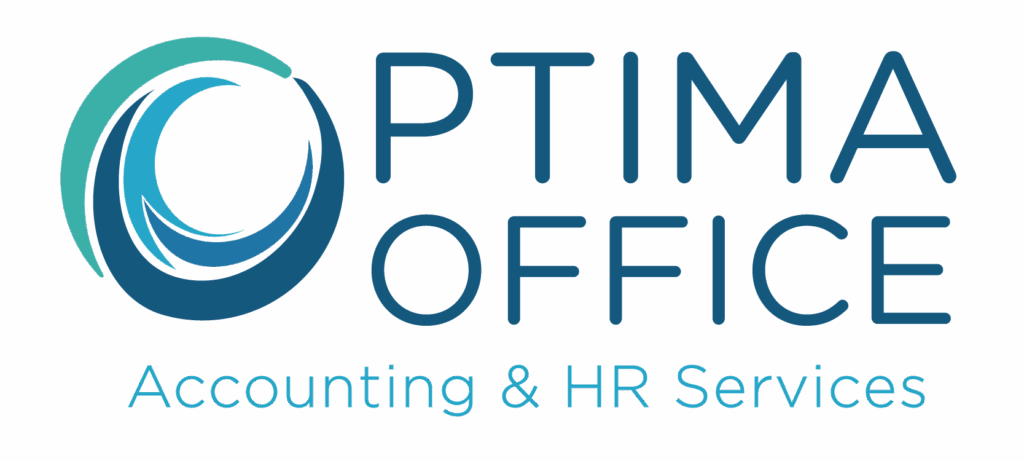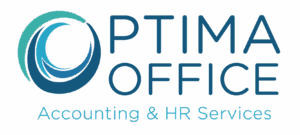Thinking a bookkeeper is all you need to manage your finances? Think again.
Hiring or having only a bookkeeper without a controller can lead to inaccurate financials and result in costly mistakes for your business. Let’s break down why this common oversight can be so risky and how adding a controller can save you time, money, and stress.
The Common Misconception: “I Just Need a Bookkeeper”
Many business owners assume that a bookkeeper alone is enough to manage their finances. This belief often stems from cost concerns, leading leaders to think they can’t afford additional financial support.
But relying solely on a bookkeeper—without the oversight of a controller—can create expensive mistakes down the road.
Why Inaccurate Financials Can Hurt Your Business
Bookkeepers excel at handling daily financial tasks, but they aren’t always equipped to ensure the accuracy needed for critical financial decisions. Without a controller to review and manage their work, there’s a much higher risk of errors. I
magine presenting an inaccurate balance sheet to a bank, CPA firm, or potential investor—it could cost you valuable opportunities or even lead to financial penalties.
The Value of a Controller’s Oversight
Controllers bring the expertise to make sure every balance sheet account is accurately reconciled each month. They provide reliable financials you can trust for both decision-making and external reporting.
This oversight helps avoid costly mistakes and keeps your business’s financial health on the right track.
Why Skimping on Financial Oversight Can Be Expensive
Trying to save money by skipping a controller might seem like a smart move initially, but it often backfires. The cost of financial errors, lost credibility, and missed opportunities can easily outweigh the investment in experienced oversight.
Having a high-level expert manage your financials is essential to protect and grow your business.
When it comes to managing your finances, cutting corners can be costly. A solid financial team that includes both a bookkeeper and a controller ensures accuracy, reliability, and peace of mind.




